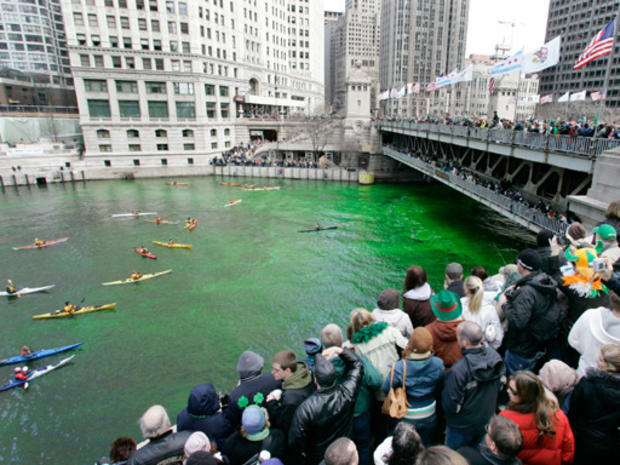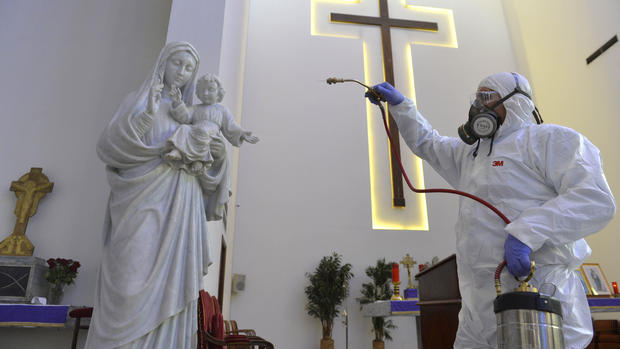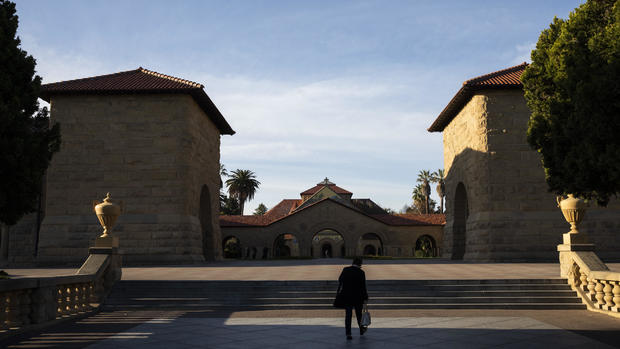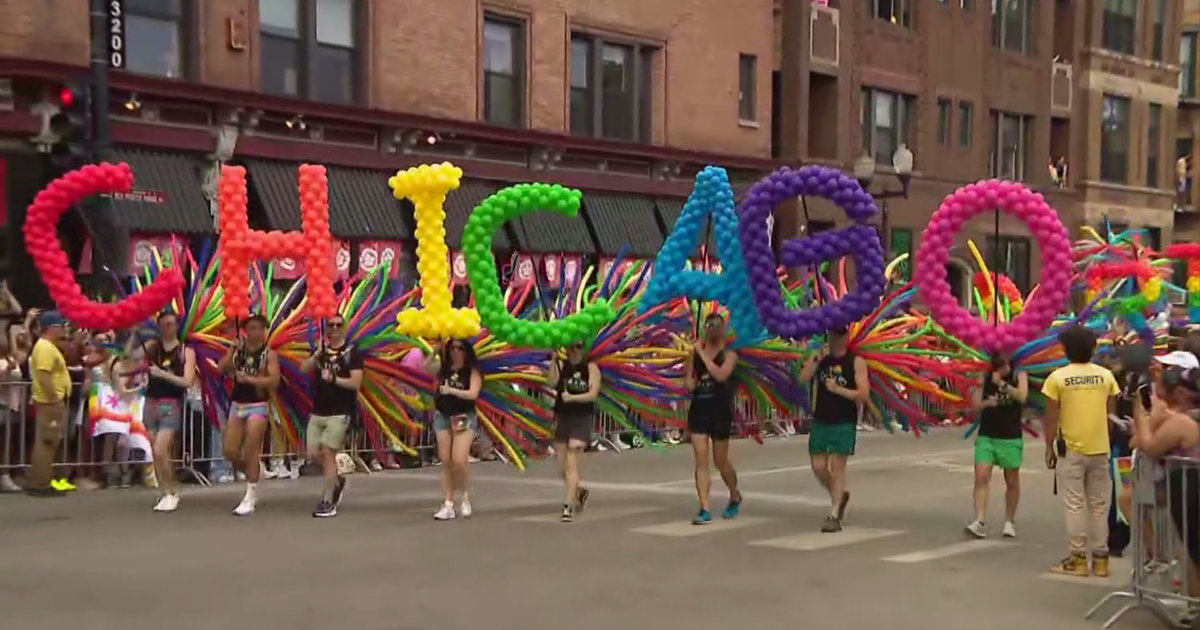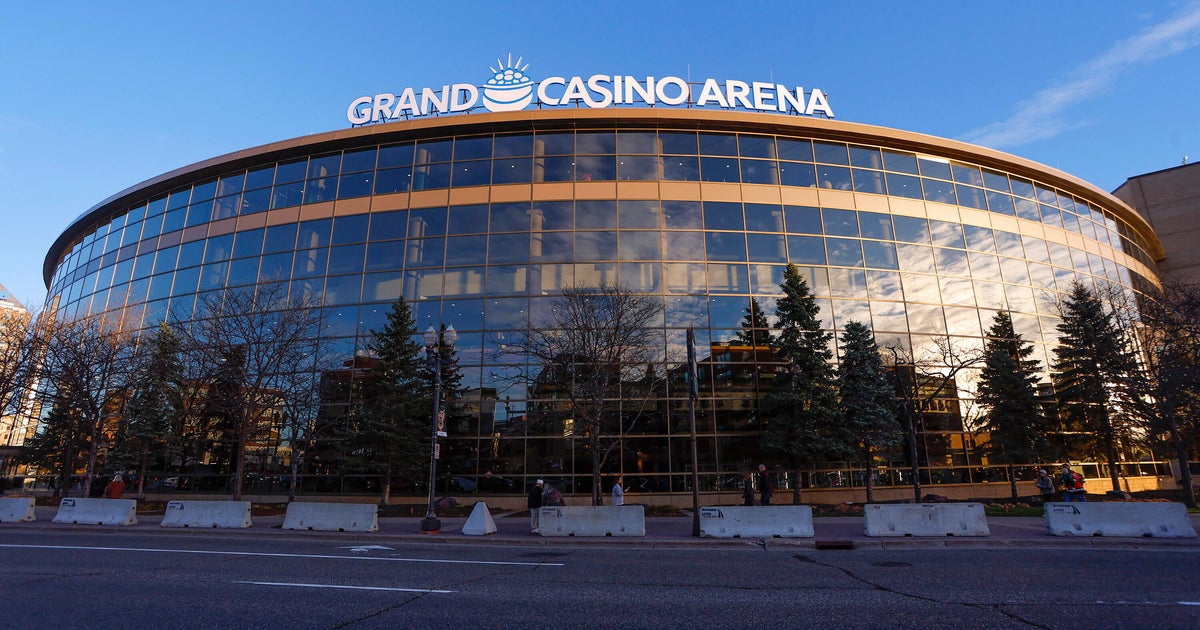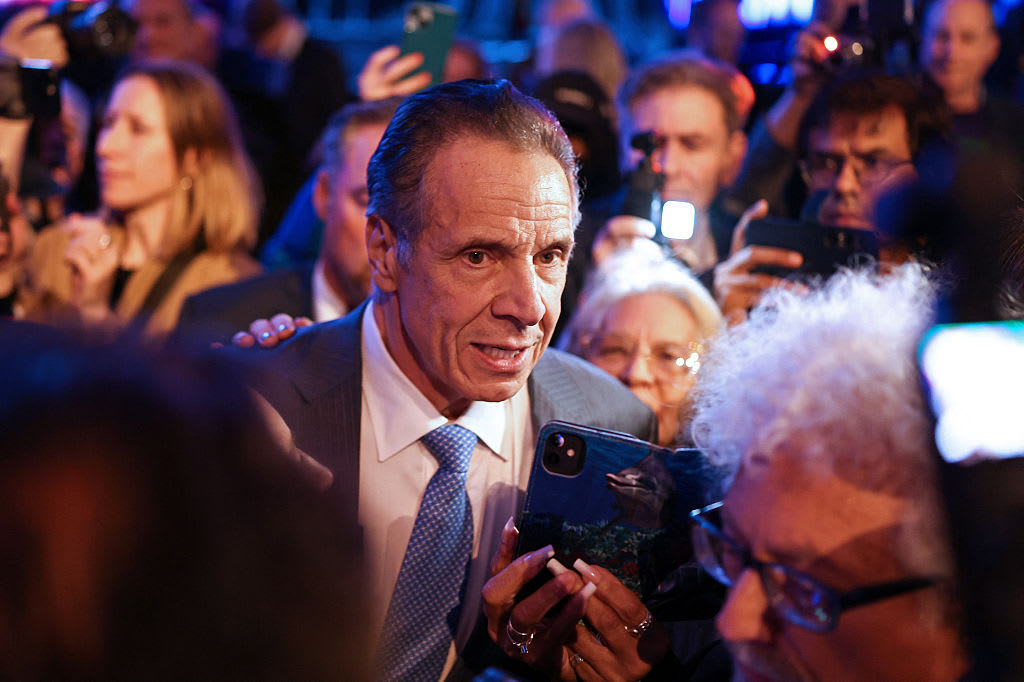New York City and Chicago postpone St. Patrick's Day Parades
New York City, which boasts of having largest and oldest St. Patrick's Day Parade in the country, is postponing the annual parade due to the coronavirus outbreak, Governor Andrew Cuomo announced Wednesday. His announcement came hours after Chicago Mayor Lori Lightfood announced at a press conference Wednesday Chicago would postpone their parade and the annual practice of dyeing the river green.
"We believe postponing the parade is in the best interest of public health," Cuomo posted on Twitter.
The New York City Parade has been held since 1762 and typically attracts up to 2 million spectators, in addition to the 150,000 marchers. It has never been canceled before.
Multiple other cities in the U.S., including Boston and Philadelphia, as well as the entire country of Ireland, have canceled or postponed their events for the holiday.
"As you might imagine this was not an easy decision and we don't take it lightly," said Lightfoot. "We were mindful of the impact that this event has on our city and our communities. Nonetheless, like cities across the nation, we concluded that having a parade at this time posed unnecessary risks to the public's health."
Lightfoot added that officials postponed the events "out of an abundance of caution."
Chicago's world-famous downtown parade, one of three major parades planned in the city, was set to take place this Saturday, March 14. She did not announce a new date, but said the city will work with organizers to reschedule the events for future dates "as appropriate."
Illinois governor J. B. Pritzker also spoke at the press conference and later tweeted, "We know what the St. Patrick's Day celebrations mean to us in the City of Chicago — but we, as elected officials, can't take any chances with the health of our residents."
The parade's website did not provide any additional explanation for the cancellation, but directed people to the Chicago Department of Public Health's coronavirus website for more information.
Chicago's announcement comes the same day the World Health Organization declared that the coronavirus outbreak can now be characterized as a pandemic. Illinois has a total of 19 confirmed COVID-19 cases, according to data compiled by Johns Hopkins University.
Many other cities in the country have also halted their St. Patrick's Day celebrations due to the coronavirus. Washington D.C.'s parade was postponed, while Boston and Philadelphia's events are canceled for this year.
CBS Boston reports organizers there were concerned about the well-being of over a million spectators who normally turn out rain or shine.
"People have walked in monsoons," Bryan Bishop, Boston's director of parade operations, told the station. "It's been snowing. It's been 80 degrees outside, it's been 20 degrees outside. This is different."
He promised the beloved event will be back next spring: "Next year is the 120th anniversary and we will put together one heck of a parade."
In Philadelphia, officials scrapped plans for their parade after the city's first case of coronavirus was confirmed Tuesday, CBS Philly reports.
All St. Patrick's Day parades across the Republic of Ireland were canceled due to coronavirus, as well. Prime Minister Leo Varadkar announced the cancellations Monday.
There are now more than 1,000 cases in the United States — eight times more than just a week earlier, as of Wednesday. At least 32 people have died of the virus nationwide. There are over 120,000 cases worldwide, and more than 4,300 people have died. The vast majority of cases are mild, and almost half of those infected have already recovered.
Experts say washing your hands is the best way to prevent the spread of infectious illnesses like coronavirus. In addition, the CDC advises that you should also avoid touching your eyes, nose and mouth with unwashed hands; cover your mouth with your elbow rather than your hand, when you cough or sneeze; and disinfect objects and surfaces frequently.
If you feel like you're developing symptoms including fever, cough, and shortness of breath, call your doctor. Those could be signs of COVID-19, the illness caused by the coronavirus.
